Alexander Graham Bell encouraged Helen Keller to practice oralism, where deaf people communicate through speech and lip-reading instead of sign language. “Oralism in general, I think, has a very oppressive quality to it, because what oralism is predicated on is the idea that the only way to communicate effectively is being able to speak,” said disability rights advocate Rebecca Alexander.
Written Features
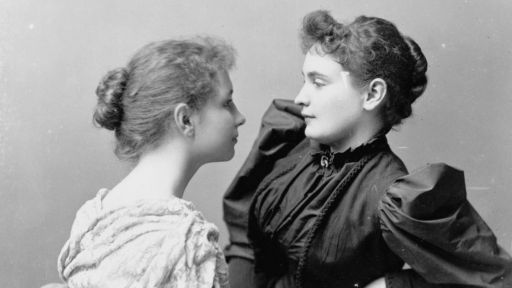
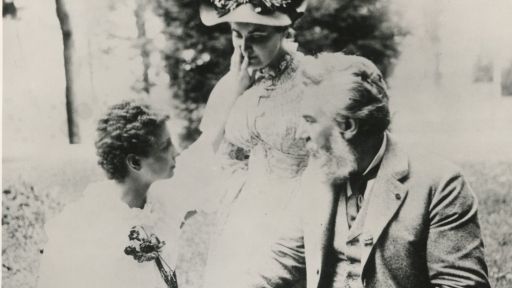
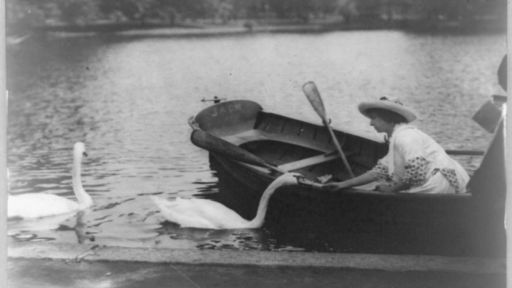
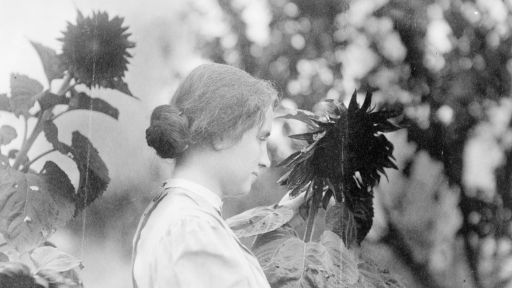
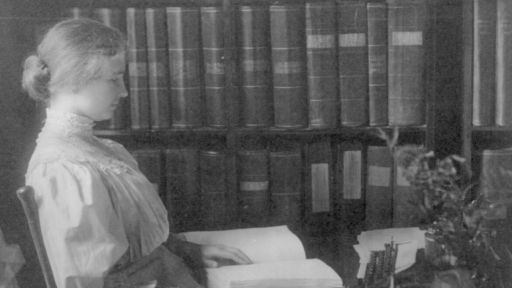
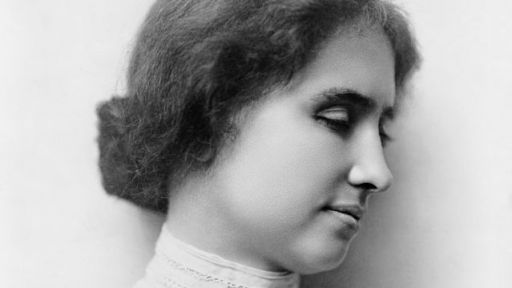
Video Features
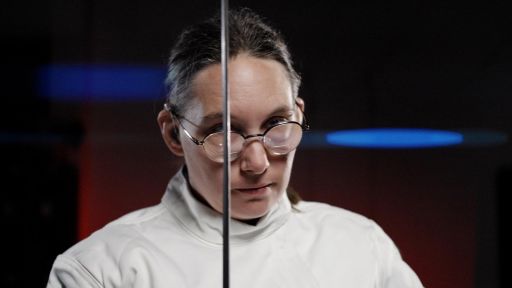
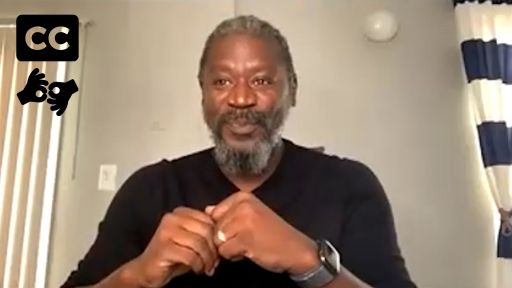
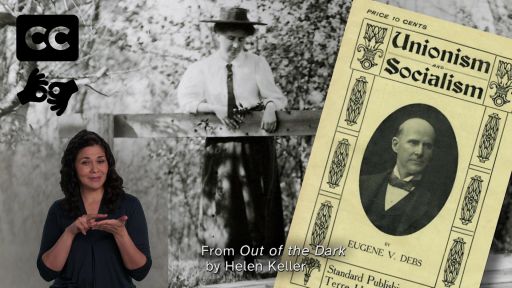
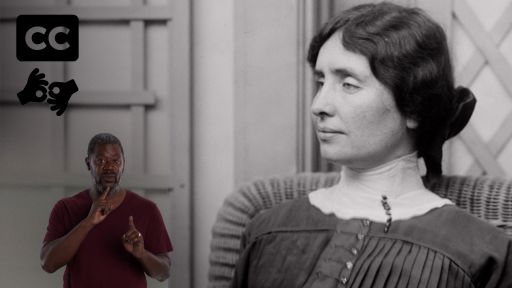
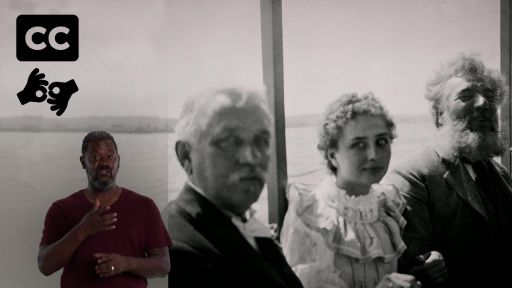
Video Features [Accessible Versions]
![Becoming Helen Keller -- Elsa Sjunneson: DeafBlind author [Audio Description + ASL]](https://pbs-wnet-preprod.digi-producers.pbs.org/wnet/americanmasters/files/2022/03/Rxaa3o7-asset-mezzanine-16x9-JNz2pke-512x288.jpg)
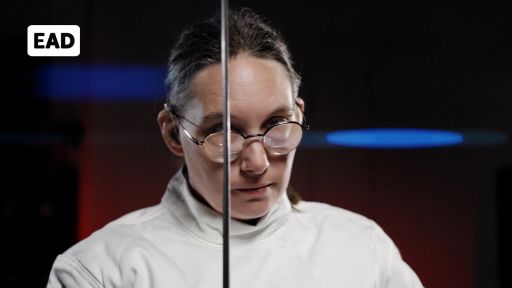
![Becoming Helen Keller -- Helen Keller studied socialism [Audio Description]](https://pbs-wnet-preprod.digi-producers.pbs.org/wnet/americanmasters/files/2021/10/EqPyQ19-asset-mezzanine-16x9-tGsOsJd-512x288.jpg)
![Becoming Helen Keller -- Helen Keller the suffragist [Audio Description]](https://pbs-wnet-preprod.digi-producers.pbs.org/wnet/americanmasters/files/2021/10/yTaS3yJ-asset-mezzanine-16x9-4nbxXU4-512x288.jpg)
![Becoming Helen Keller -- Keller's use of oral communication [Audio Description]](https://pbs-wnet-preprod.digi-producers.pbs.org/wnet/americanmasters/files/2021/10/dUfOBIW-asset-mezzanine-16x9-NlZMY6w-512x288.jpg)
- [Woman] She received help from a friend Alexander Graham Bell. Now best-known as the creator of the telephone, then a leader in deaf education.
- [Descriptive Narrator] Bearded Bell with a group of children.
- That's what he saw as his mission in life. And particularly teaching of speech and oral communication. He was a public advocate for the suppression of sign language in the schools and for the teaching of oral skills in schools.
- [Descriptive Narrator] Rebecca Alexander.
- Oralism in general, I think has a very oppressive quality to it. Because what oralism is predicated on, is the idea that the only way to communicate effectively is being able to speak.
- [Man] Speech teaching was a central part of Bell's life, and he married a deaf woman, Mabel Bell,
- [Descriptive Narrator] A dark haired woman.
- [Man] who was also a public advocate for the oral method.
- [Descriptive Narrator] A photo of gray bearded Bell.
- [Woman] When Bell learned Helen was speaking, he went to Perkins and spelled questions into her hands.
- [Descriptive Narrator] Questions written in cursive.
- [Actor Voicing Bell] Do you know what a cloud is?
- [Woman] Rain.
- [Descriptive Narrator] Alexandria and the bearded man, take turns signing.
- [Actor Voicing Bell] What is wind?
- It is wild air.
- [Actor Voicing Bell] What is thought?
- When we make a mistake, we say, I thought it was right.
- [Actor Voicing Bell] Where is your thought.
- Mind? My head is full of mind.
- That part of Helen Keller's story, I learned later in my life. When I discovered that from a modern lens, from a contemporary lens, even though I was young, I was a little disappointed. I was disappointed because it meant that sign language communication was something to be discarded, not something interesting to be encouraged or supported. So as I was growing up and finding my own deaf identity, I couldn't really relate. For that time and who she was around and how she was raised. I think the choice to assimilate more with her hearing peers and those in her environment, I get it. I get it.
- [Descriptive Narrator w] Closing title, Becoming Helen Keller. Text premieres Tuesday, October 19th, nine o'clock, eight central time. Logo, PBS. Watch on the PBS video app.
